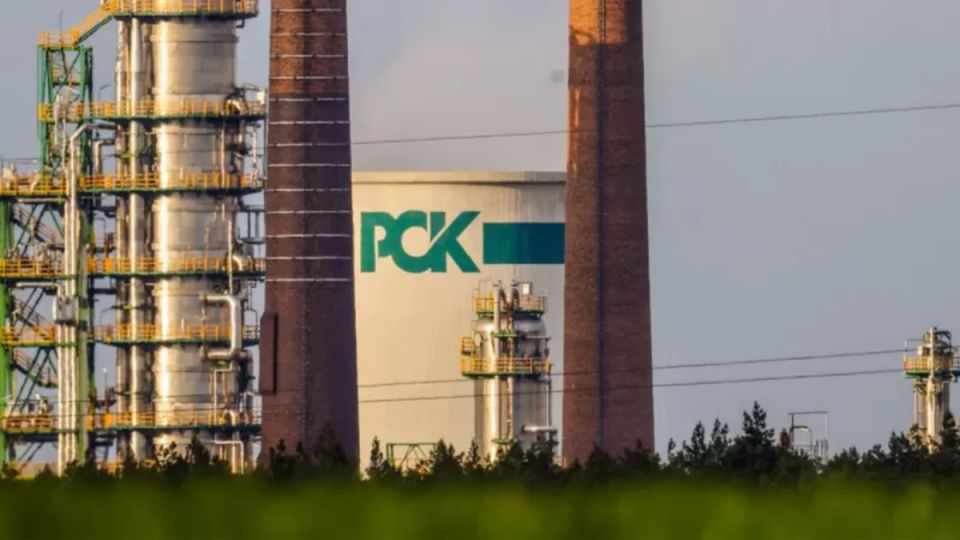- The German government will control the three refineries that Rosneft operates in the country for six months to ensure supply during the winter and deal with the EU embargo on Russian gas due to the war in Ukraine.
Germany took control of the three refineries managed by the Russian state oil company Rosneft in order to ensure energy supply during the winter and protect the German economy from the effects of the European Union-wide embargo on Russian crude, which will come into force at the end of year.
It is the second time that the government of Social Democrat Olaf Scholz has taken a measure of this magnitude in the midst of an economic war against Moscow to deprive Russian President Vladimir Putin of income to finance the war in Ukraine. The first time was in April, when he placed Gazprom Germania, a subsidiary of the Russian state gas company, under his tutelage in an unprecedented move.
The decision to place the German subsidiaries of the Russian state oil company, Rosneft Deutschland and RN Refining & Marketing, under trusteeship of the Federal Network Agency was taken to ensure the operation of the Schwedt oil refineries – where the pipeline reaches Druzhba-, Karlsruhe and Vohburg, announced the German Ministry of Economics.
The background is the oil embargo on Russia for the invasion of Ukraine. According to earlier information from the German Economics Ministry, Russian trader Rosneft has little interest in ditching Russian oil.
Rosneft Deutschland accounts for a total of around 12% of Germany’s oil processing capacity, making it one of the largest oil processing companies in Germany, according to the ministry. Meanwhile, the two subsidiaries of Rosneft have so far imported crude oil worth several hundred million euros from Russia to Germany each month.
In this way, “the imminent threat to the security of energy supply” is counteracted, the Ministry explained, while noting that service providers such as banks, telecommunications companies and insurance companies were no longer willing to cooperate with Rosneft. , neither with Rosneft’s joint venture refineries nor with Rosneft’s own German subsidiaries, RDG and RNRM.
The guardianship order went into effect this Friday and is initially valid for six months. It allows the Federal Network Agency to dismiss and reappoint members of the management and to give instructions to the management.
The legal basis of the trust is a provision of the Energy Security Law. According to this, this step is possible if the company cannot fulfill its tasks in the service of the community and if there is a threat that the security of supply will be affected. An appeal against the decision can be filed within one month.
key refineries
The PCK refinery, in Schwedt in northern Germany, has about 1,200 employees and is considered an economic pillar of the region. It has so far been supplied with Russian crude through the Druzhba pipeline and supplies fuel to much of the northeast of the country.
The Mineralölraffinerie Oberrhein (MiRO) in Karlsruhe is Germany’s largest refinery, according to the company. The center has 1,100 employees who produce products such as gasoline, diesel or heating oil from crude oil, a total of about 14 million tons a year.
By its own count, MiRO is the most important source of supply of mineral oil products for southwestern Germany.
The refinery, located in the Bavarian town of Vohburg, on the banks of the Danube, produces, among other things, liquefied gas, gasoline, diesel and heating oil, according to Bayernoil.

